The 2024 Spectroscopy Employment Survey: Continuing Economic Pressures, and How It Impacts Spectroscopists
Each year, Spectroscopy publishes a survey of our readership, detailing the latest trends in the job market. Last year, we documented how greater uncertainty in the job market was on the mind of some analytical scientists (1). With countries reporting economic recessions and companies laying off workers, analytical scientists experienced increased anxiety about job security. This year, they reported more of the same concerns and many are staying put in their current roles instead of seeking new opportunities, our survey found.
Below, you’ll find an overview of the trends impacting the jobs of analytical scientists around the world. The editors of Spectroscopy gathered information about the average salaries and compensation packages compared to previous years. We also asked spectroscopists to offer their thoughts on the economy, and whether it is impacting the current job market and their desire to pursue a new employment opportunity.
Salary and Compensation
Spectroscopy analyzed all reported salaries that were between $15,000–$250,000. Based on those data, the average reported salary for spectroscopists came in at $110,767, which represents a 14.6% increase from 2023 (1).
Work Environment and Seeking Alternative Employment
A topic that has garnered attention this year is how the current economic conditions are impacting whether spectroscopists look for alternative employment. More spectroscopists (61%) reported that their current work environments are better than last year. This represents a slight decrease from the previous year, where 63% said that their work environment was better than the previous year (1). However, when asked whether they are interested in seeking better employment opportunities, a slight majority (53%) responded no, which was up 12% from the previous year.
The top reasons for seeking new employment included an interest in pursuing a new challenge (20%) and a higher salary (19%). For respondents who were not planning to leave their current jobs, the most-cited reasons were good salary (15.2%) and convenient work location (13.3%).
A Look at the Current Job Market
We wanted to know how spectroscopists felt about the current job market for their field. Respondents were mostly positive, with approximately 64% believing the job market to be “excellent” or “good.”
Related to the job market, we also asked respondents to evaluate how secure they feel in their jobs. This year, there was a slight uptick in the number of respondents who indicated they do not feel secure in their jobs (28% in 2024 compared to 26% in 2023). However, 32% responded that they feel more secure in their current position, and approximately 40% of respondents indicated that their job security remained unchanged from 2023 to 2024.
Demographics and Methodology
The 2024 Spectroscopy Employment and Salary Survey was available from January 31 to February 19, 2024, collecting a total of 105 respondents over that period. Of the 105 respondents, 27.6% of respondents had 21–35 years of experience as a spectroscopist; 18.1% had 10–15 years of experience; 17.1% had 16–20 years; 11.4% had 36–40 years; 9.5% had 5–9 years; 8.6% had more than 41 years; and 7.6% had fewer than five years of experience. Regarding the organizations the respondents work at, 57% of respondents work in industry; 22% work at academic institutions; 10% work at government or nationally funded laboratories; 2% work in the military; and 10% work in other fields. The gender breakdown of the respondents was 85% male and 15% female. We collected responses from the following countries: Australia, Austria, Belgium, Canada, Czech Republic, Egypt, Germany, Israel, Italy, Mexico, New Zealand, Nigeria, Pakistan, Poland, Singapore, Spain, Switzerland, Taiwan, Trinidad, Turkey, the United Arab Emirates, the United Kingdom, and the United States.

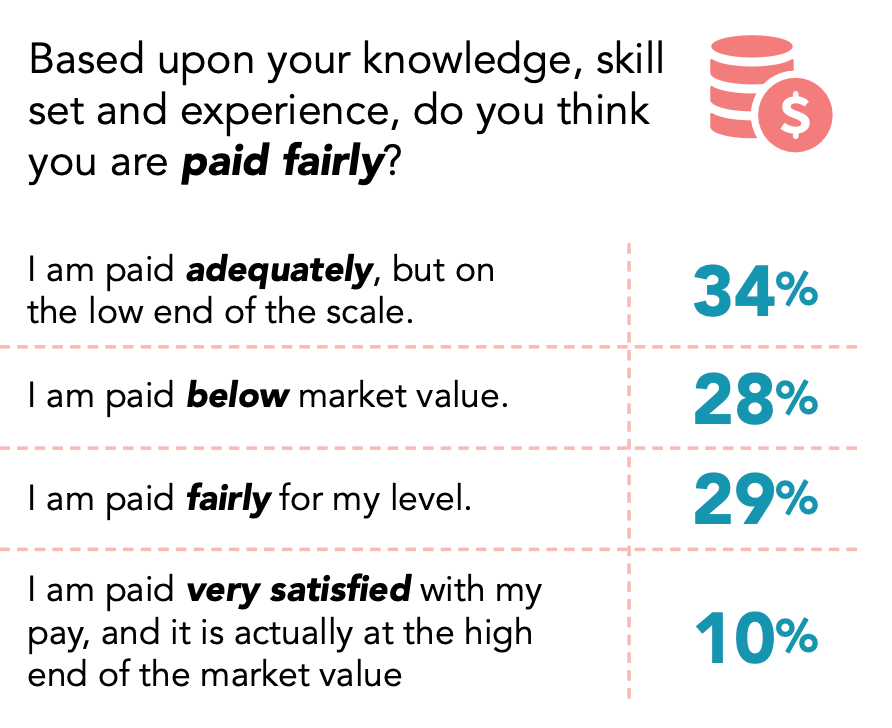
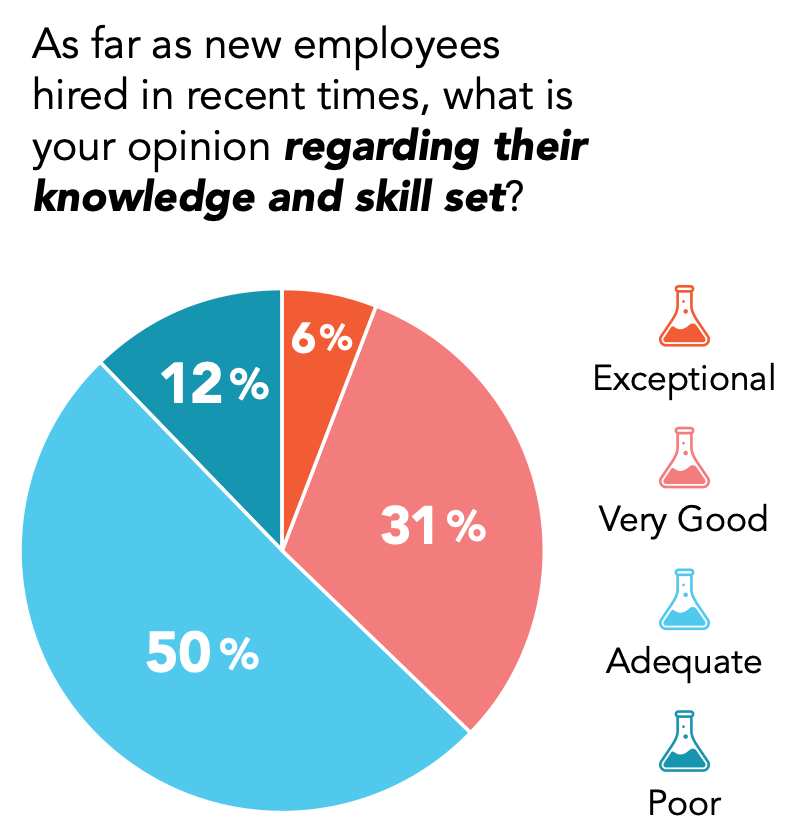
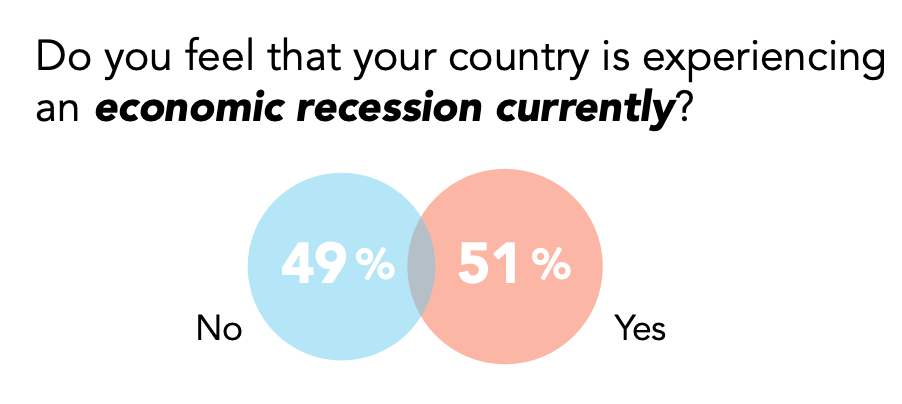
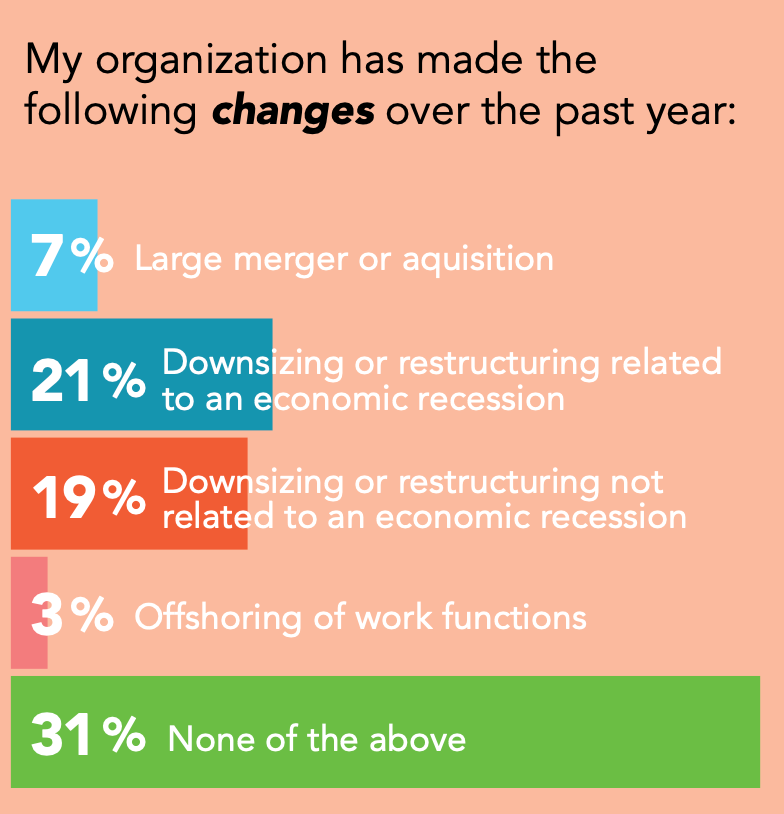
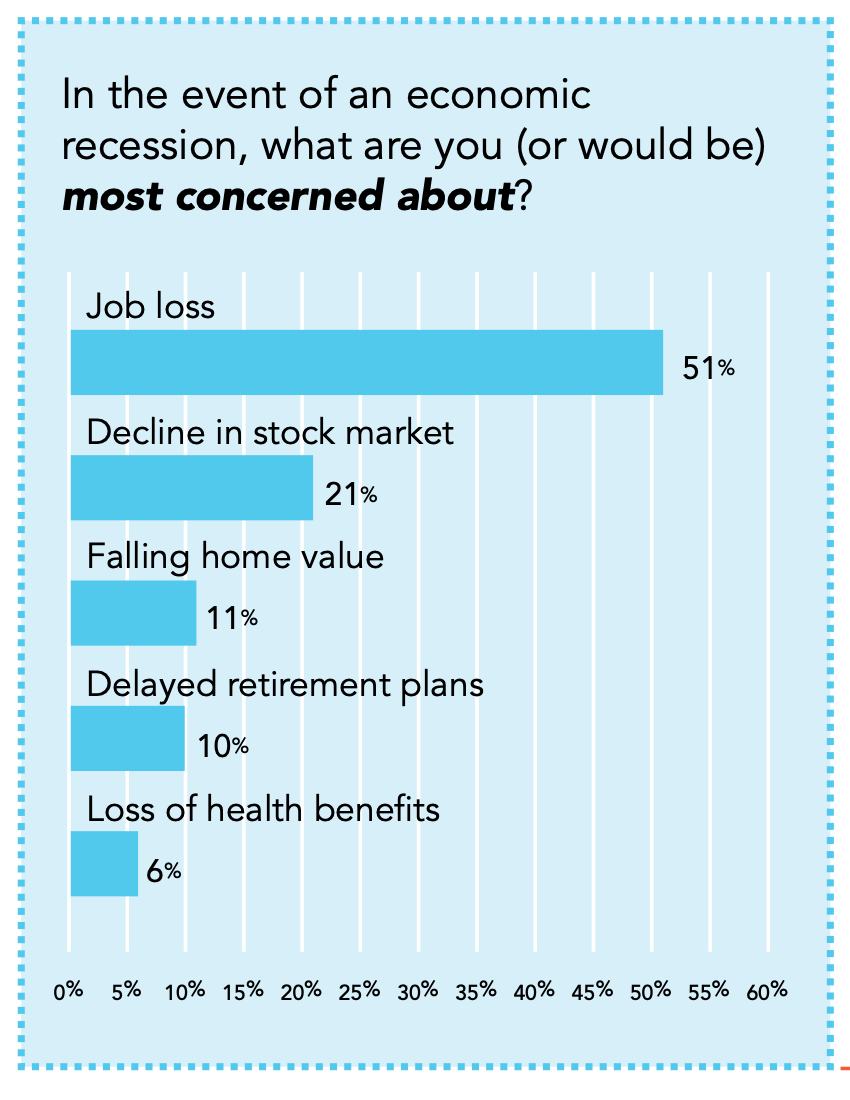
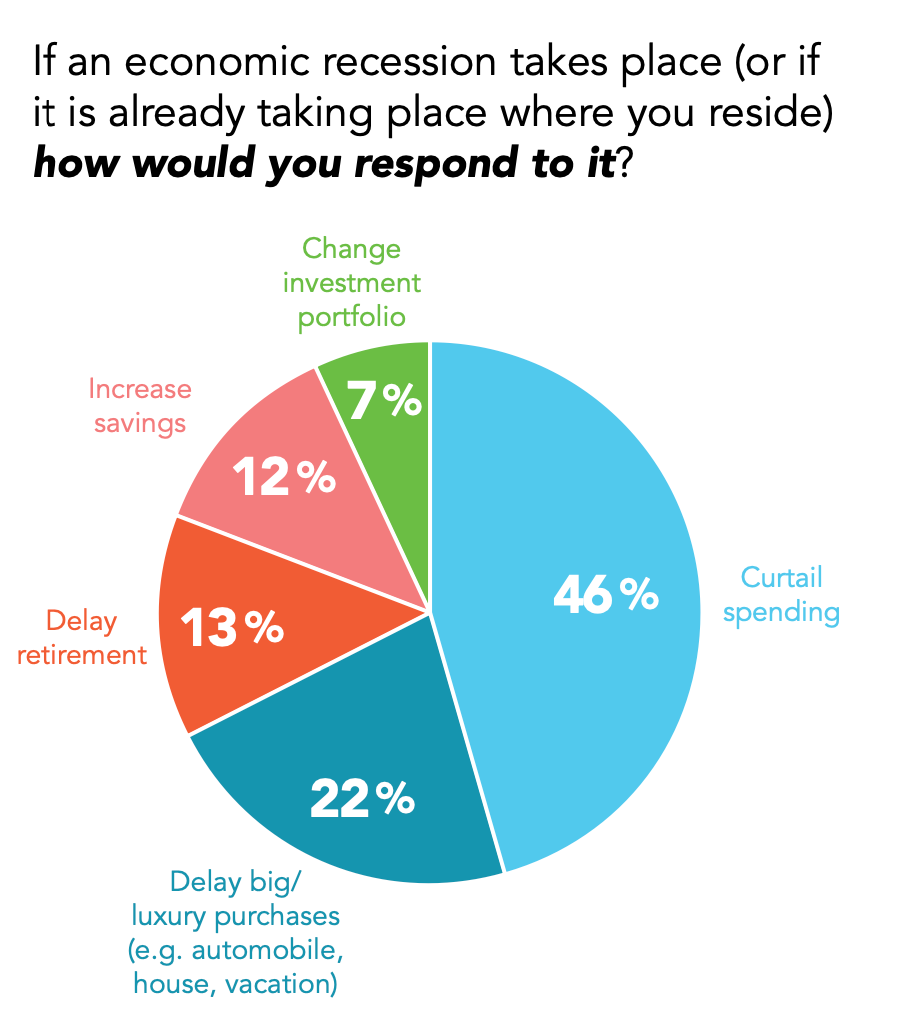
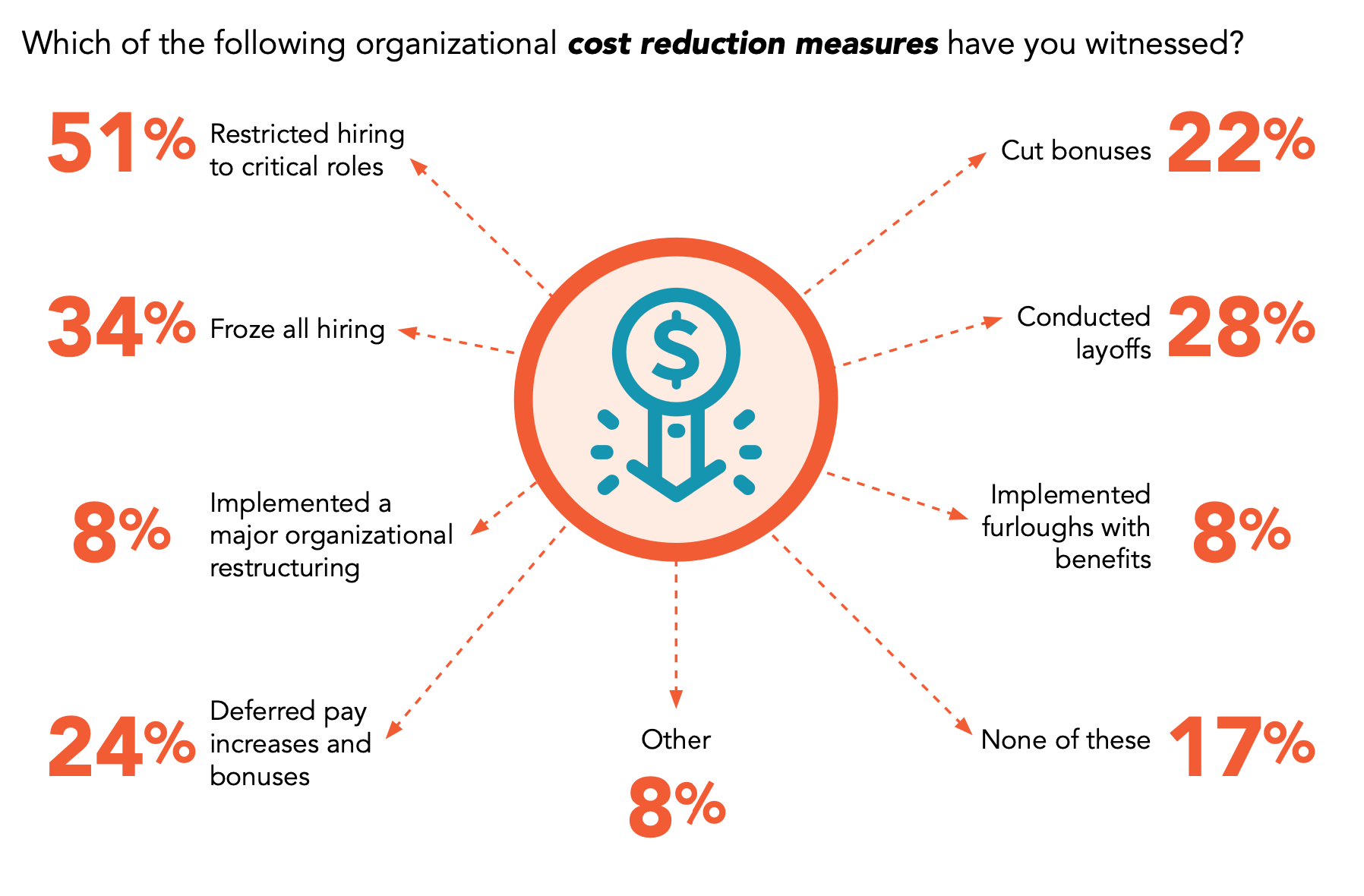
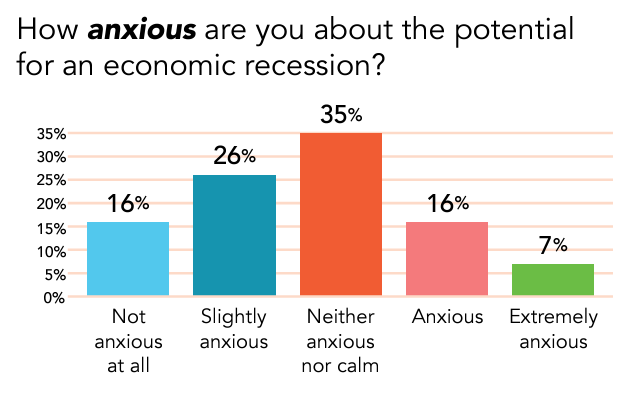
Reference
(1) Wetzel, W. The 2023 Spectroscopy Employment and Salary Survey: Is a Recession Looming—Or Even Already Here? Spectroscopy 2023, 38 (3), 39–41. DOI: 10.56530/spectroscopy.vy4589p9
Will Wetzel is an Editor for Spectroscopy. Direct correspondence to: wwetzel@mjhlifesciences.com.
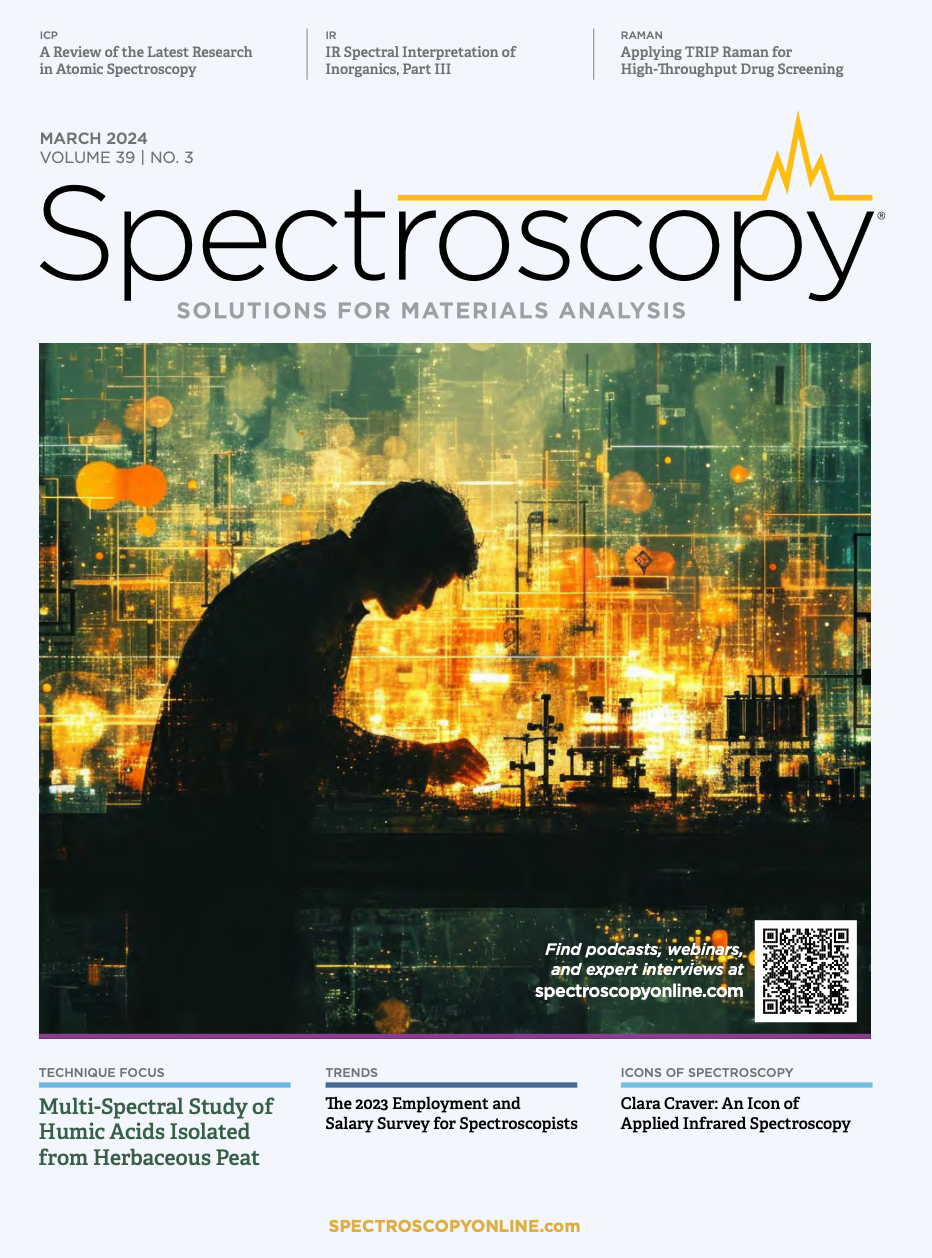
Trends in Infrared Spectroscopic Imaging
September 13th 2013An interview with Rohit Bhargava, winner of the 2013 Craver Award. This interview is part of the 2013 podcast series presented in collaboration with the Federation of Analytical Chemistry and Spectroscopy Societies (FACSS), in connection with SciX 2013, the federation?s North American conference.
Staying Updated with Spectroscopic Techniques: How Lead Investigators Adapt to a Changing Industry
June 6th 2024Spectroscopy is at the forefront of many changes happening across many industries. Here, three lead investigators comment on how they stay updated with the latest innovations and developments.
Advancing Agriculture for Future Generations: The Impact of Spectroscopy on an Important Field
February 1st 2024Welcome to our Advancing Agriculture for Future Generations content series! Begin your exploration by checking out a compilation of our articles that spotlight how spectroscopy is revolutionizing the agriculture industry.